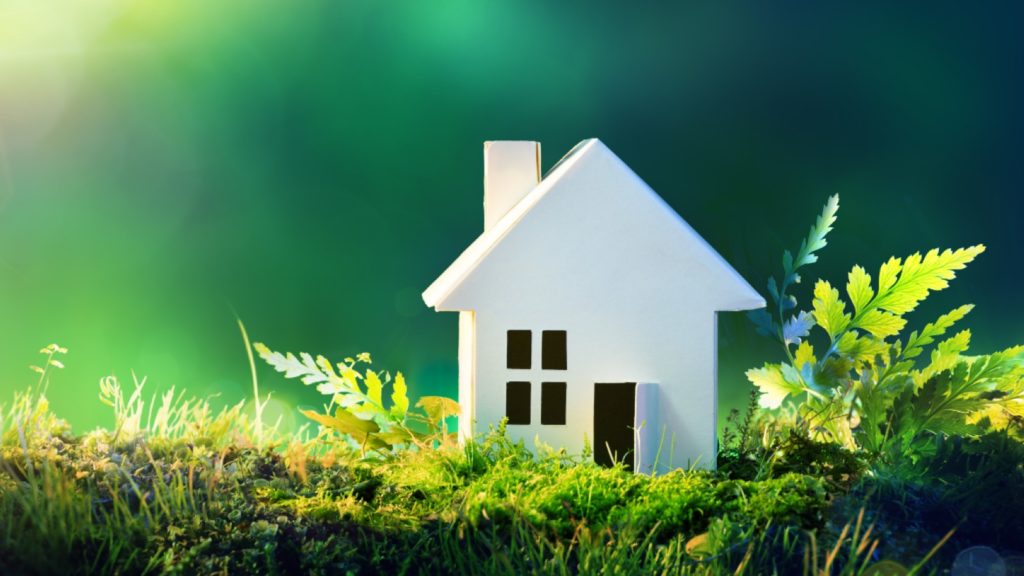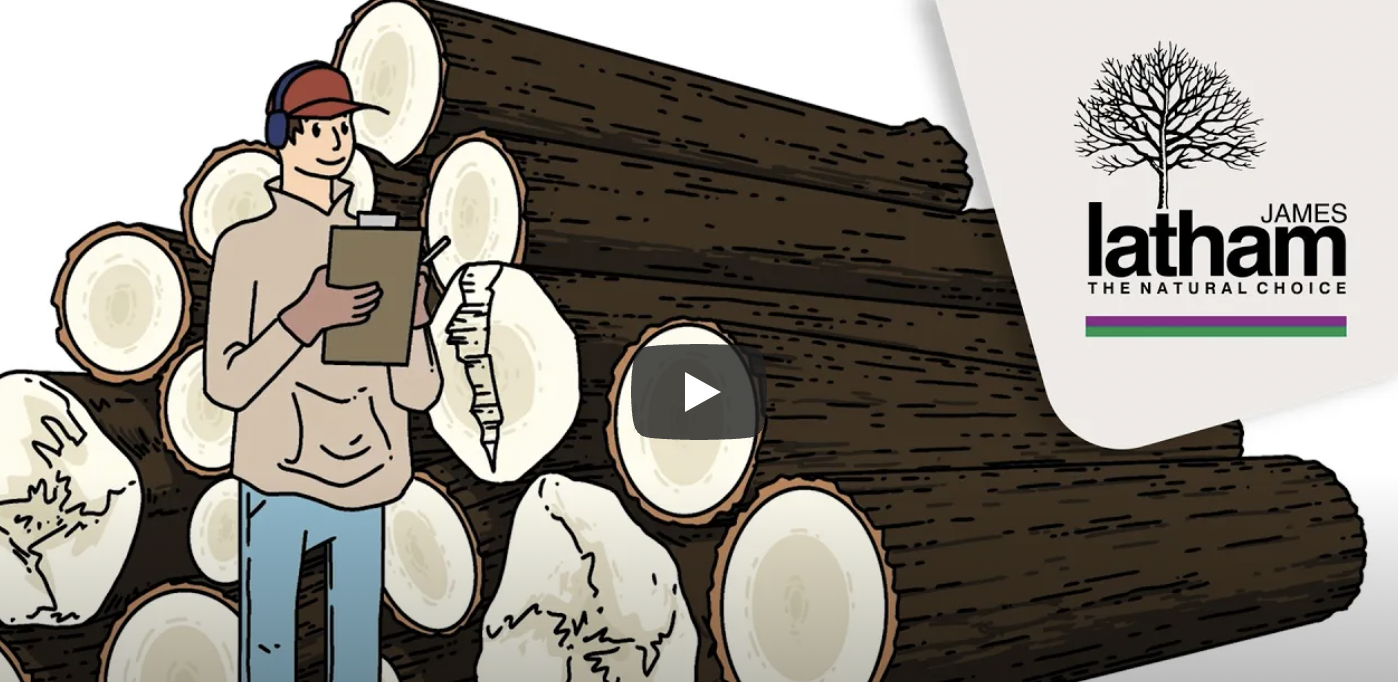Cost, greenwashing and jargon are top consumer concerns when choosing and buying sustainable products for their home, according to new research.

Over half (52%) of people said they would like to buy products or materials for their home that are sustainable and have a positive impact on the environment but think these products are more expensive.
On top of this, 50% worry that a company’s claims around the sustainability credentials of their products or materials for their home may be misleading or inaccurate, leading to greenwashing.
Sponsored Video
The research, which questioned 2,015 adults and was commissioned by construction and home interiors PR agency Unhooked Communications, also found 27% of consumers don’t know where to check the information and proof of sustainability claims for products or materials for their home.
Furthermore, nearly a quarter (23%) said they don’t understand the language and terminology used by businesses to explain the sustainability credentials of their products or materials.
Speaking at the recent Future of Sustainable Bathrooms event, on behalf of manufacturers, MD of Lecico Antony Thompson said: “I think, as the market becomes bigger for these types of products then you would expect the economies of scale might help us make them a little bit more cost-effective.
“I don’t think consumers will pay double the price for a product that’s more sustainable than the one that’s next to it, but they should pay more.”
He said consumers must play their part and take responsiblity for making considered decisions.
However, the Homes Unhooked research found people do want to make informed choices when buying products and materials for their home.
Nearly two-thirds (62%) said they would be likely to check the sustainability or environmental impact of appliances before buying them, over half (54%) said they’d check before buying building materials, and 53% said they’d check before buying home furnishings.
When it comes to checking information about the sustainability or environmental impact of products, there are multiple sources consumers use.
A third would check a brand’s own website, nearly a quarter (23%) would look at review sites, 22% social media, 19% packaging, and 16% news stories.
Managing director of Unhooked Communications Claire Gamble said: “Our research shows that for nearly half of consumers (47%) buying products or materials for their home, it’s important to buy from sustainable businesses that reduce their impact on the environment.
“However, there is some confusion and worries around making sustainable choices for the home.
She said before businesses start considering PR strategies to communicate their environmental and sustainability credentials, they need to have clear evidence to support their claims.
Clare Gamble adds: “Our research shows shoppers will check several sources when researching the sustainability credentials of products and materials for the home.
It’s therefore important for businesses in the construction and home interiors industries to have consistent messaging and proof points across multiple channels, including their website and social media, as well as third party channels, such as review sites and media outlets.
“Awards and accreditations can also help to build trust and credibility.”



